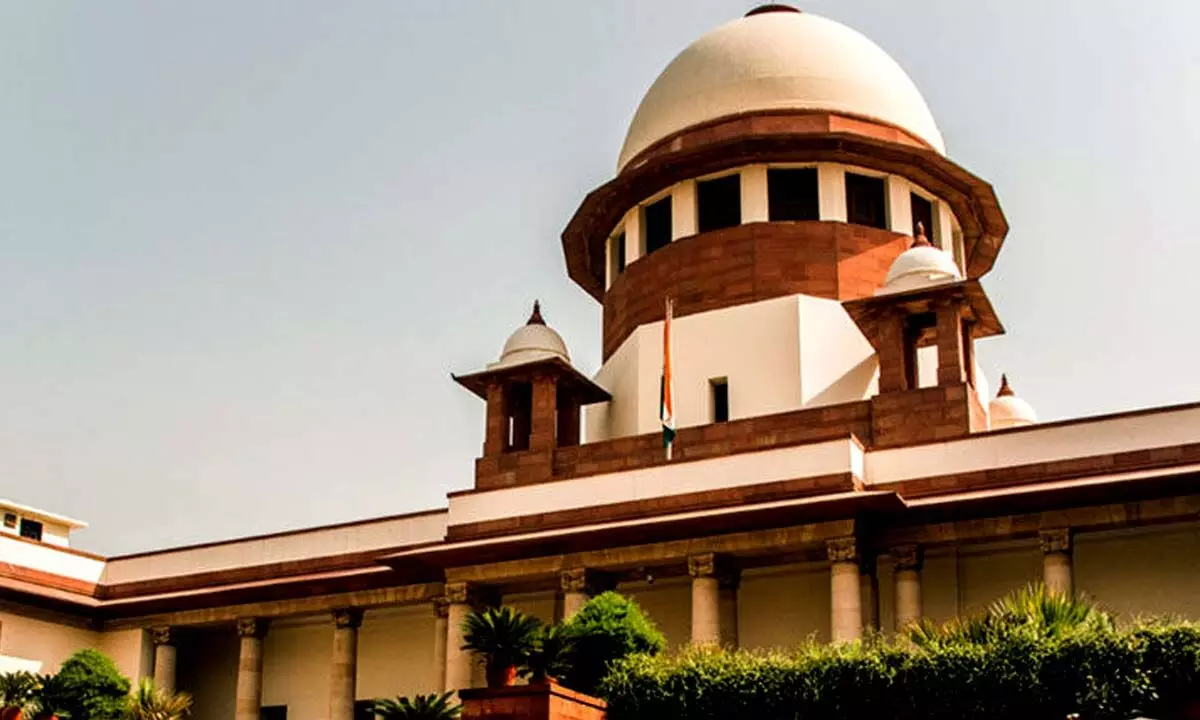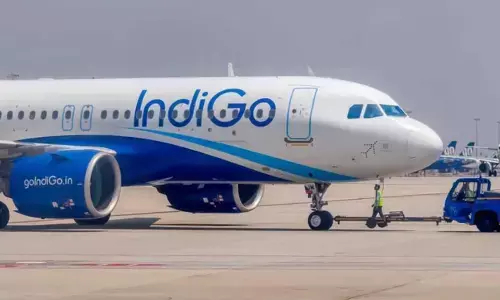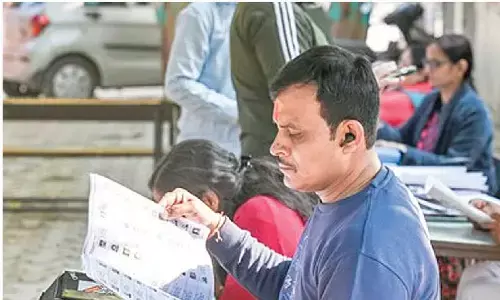'Need to deal with compassion': Supreme Court asks Centre to decide on Rajoana's mercy plea in 2 months

Supreme Court of India
The Supreme Court on Monday gave two months to the Centre to decide on the mercy plea of Balwant Singh Rajoana, who was sentenced to death for his role in the assassination of then Punjab Chief Minister Beant Singh in 1995.
New Delhi: The Supreme Court on Monday gave two months to the Centre to decide on the mercy plea of Balwant Singh Rajoana, who was sentenced to death for his role in the assassination of then Punjab Chief Minister Beant Singh in 1995.
A bench, headed by Justice U.U. Lalit and comprising Justices S. Ravindra Bhat and P.S. Narasimha, said the decision by the Centre should be taken as early as possible, "preferably within two months from today".
Additional Solicitor General K.M. Nataraj, representing the Centre, submitted that the mercy petition cannot be considered as it has been filed by another organisation and not by the convict.
The Ministry of Home Affairs (MHA) has also argued that the mercy petition cannot be decided until the appeals filed by other convicts in the case before the apex court are not disposed of. Also, Rajoana has not challenged his conviction or sentence, either before the high court or the Supreme Court.
However, the bench noted that the fact that another organisation has filed the mercy petition is not an obstruction to the consideration of the matter, telling the Centre's counsel that it had decided in September 2019 to commute the death penalty of Rajoana to a life sentence on the special occasion of the 550th birth anniversary of Guru Nanak Dev.
It further added that more than two years have passed but a decision has not been taken in the matter.
Nataraj did not agree that in 2019, a final decision was taken to commute Rajoana's death sentence. He added that it was decided that the proposal for commutation of death sentence, has to be processed under Article 72.
As he submitted that Rajoana had given a statement to the trial court that he had no faith in the judiciary and the Constitution, Justice Lalit observed: "They are all citizens of this country...need to deal with compassion..."
The bench pointed out that the Centre's communication had directed the state to grant remission to other convicts. As Nataraj replied that states have their independent power under Article 161, the bench said: "Show us the orders which show states have decided independently of this communication......either this communication was made without rational application or it was an empty exercise."
The bench told Nataraj that when the Centre has to take a decision in the matter, how would the state government process the matter under Article 161? "It is something to be processed...what have you done in these years on this," it asked.
Justice Lalit asked Nataraj if this would have to be taken as a populist announcement with no follow up action? Citing his instructions, Nataraj said only four out of the other eight persons were given remission.
The bench observed, this is a writ petition under Article 32 and the court can take it that Rajoana has endorsed the mercy petition.
Senior advocate Mukul Rohatgi, representing the petitioner, argued that mercy petitions have been filed by several organisations on Rajoana's behalf, and when it was inquired from government what has happened, the government replied that mercy petitions are under consideration. He pointed out that the top court has also held that the non-consideration of mercy petition is a ground to commute death penalty.
Justice Lalit said: "We will certainly consider your prayer that delay will entitle you for commutation from this court. But, before that we will put the ball once again to them......"
Concluding the hearing, the top court gave two months to the Centre to take a decision in the matter, and fixed the matter for further hearing in July.
The top court had noted that pending appeals of co-convicts would not come in the way of deciding Rajoana's plea to commute his death sentence.
In March, the top court had directed the Centre to immediately take a decision on granting pardon to Rajoana and asked it to file an action taken report on the decision and scheduled the matter for hearing on May 2.
In the previous hearing, the top court had expressed displeasure over the government not taking any clear stand despite being given time by the court to do so. The Supreme Court had questioned the Centre over delay in sending proposal to the President for commuting Rajoana's death penalty.
The top court was hearing a plea -- filed two years ago -- seeking implementation of a decision taken by the Union Ministry of Home Affairs in September 2019 to commute Rajoana's death sentence to life.
Rajoana has been in jail for 25 years awaiting his execution. In 2007, he was sentenced to death by a special court. His mercy petition has been hanging fire for more than eight years. The plea contended that inordinate delay has caused agony and adversely affected his mental and physical health. The plea also cited Devender Pal Singh Bhullar's case and claimed that delay caused by circumstances beyond the prisoners' control mandates commutation of death sentence.













